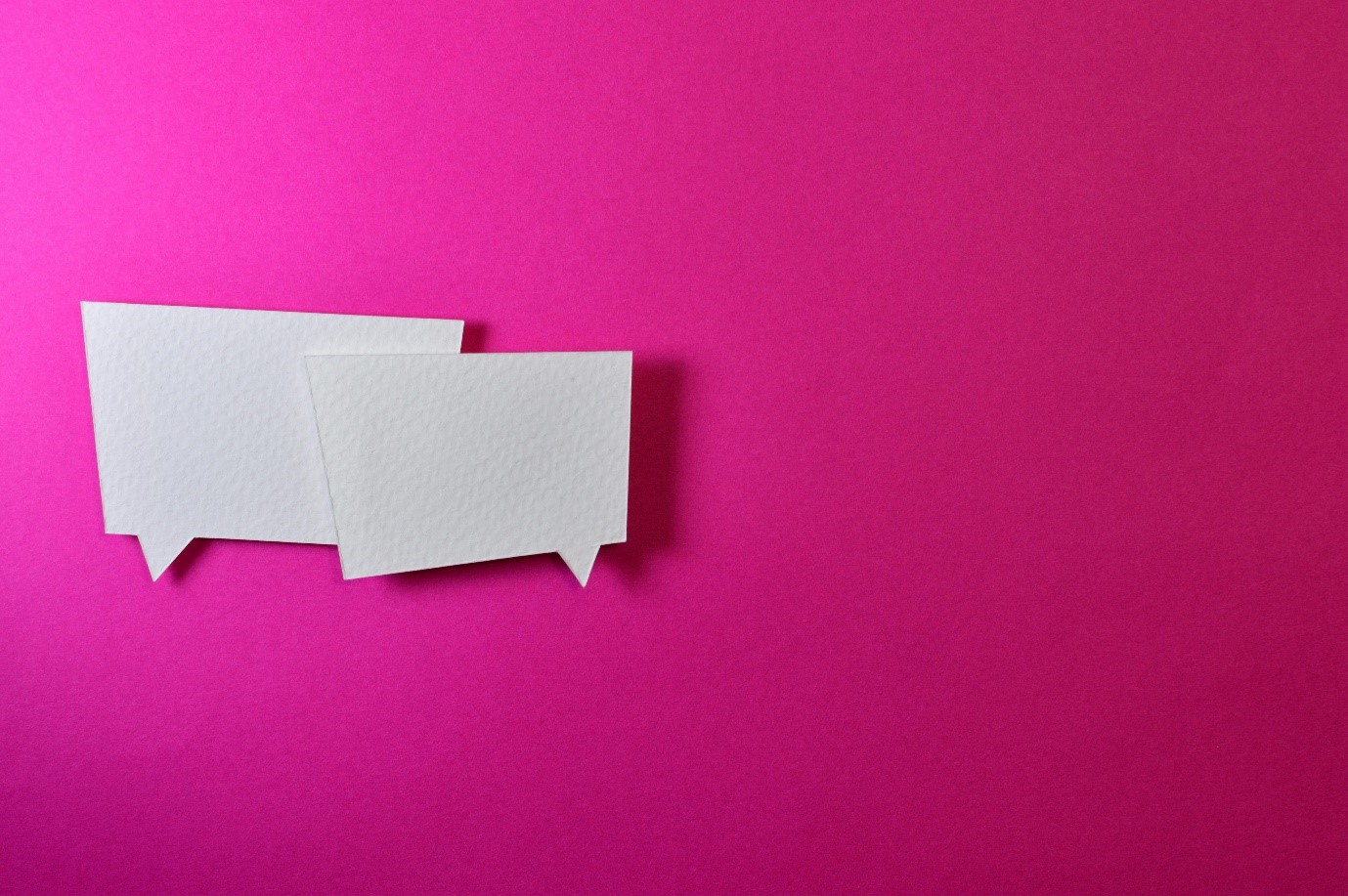The Most Useful Phrases in Different Languages
Many travellers make the mistake of assuming that people in other countries can speak English. This may not always be the case, so it's useful to know some common phrases and questions in the language used in country you'll be visiting. Residents of any country you travel to will appreciate that you took the time to learn even the simplest of words. Here are some useful phrases in ten popular languages from around the world.
Hello
Most conversations start with a simple "hello". This word is useful in every situation, whether you’re entering a shop, greeting the receptionist at your hotel, or meeting a friend for lunch. Other useful greetings you might want to learn are “Good morning!”, “Good afternoon!”, and “Good night!”.
- French: "Bonjour!"
- Spanish: "Hola!"
- German: "Guten tag!"
- Italian: "Ciao!"
- Japanese: "Kon'nichiwa!"
- Mandarin: "Nǐ hǎo!"
- Hindi: "Namaste!"
- Greek: "Yassou!"
- Portuguese: "Olá!"
- Swahili: "Jambo!"
Goodbye
This is another word you’ll use often. You could even take it a step further by learning to say phrases like “See you soon!”, “Take care!”, and “Drive safely!”.
- French: "Au revoir!"
- Spanish: "Adiós!"
- German: "Auf wiedersehen!"
- Italian: "Arrivederci!"
- Japanese: "Sayonara!"
- Mandarin: "Zài jiàn!"
- Hindi: "Alavida!"
- Greek: "Yassou!"
- Portuguese: "Adeus!"
- Swahili: "Kwa heri!"
Thank You
No matter where you are, you should always be polite. People will be pleased to know that you took the time to express your appreciation. You should also learn how to say “You’re welcome!” in case someone says this to you.
- French: "Merci!"
- Spanish: "Gracias!"
- German: "Danke!"
- Italian: "Grazie!"
- Japanese: "Arigatō!"
- Mandarin: "Xie xie nǐ!"
- Hindi: "dhanyavaad!"
- Greek: "Efcharistó!"
- Portuguese: "Obrigado!" (when addressing a man) or "Obrigada!" (when addressing a woman)
- Swahili: "Asante!"
Pardon Me
Politeness goes a long way when you travel abroad. This variation of the phrase will be useful if you've made a faux pas or if you've burped or passed wind. Remember, the variation of the phrase “Pardon me!” may be different if you’re trying to get someone’s attention, so that will be another phrase you’ll need to learn.
- French: "Pardonnez-moi!"
- Spanish: "Perdóname!"
- German: "Entschuldigung!"
- Italian: "Scusami!"
- Japanese: "Sumimasen!"
- Mandarin: "Bù hǎoyìsi!"
- Hindi: "Mujhe maaf kijiye!"
- Greek: "Me synchoreíte!"
- Portuguese: "Perdão!"
- Swahili: "Samahani!"
My Name Is…
This is useful to know when introducing yourself to new people. You should also learn how to ask what their name is.
- French: "Je m’appelle..."
- Spanish: "Mi llamo…"
- German: "Mein name ist..."
- Italian: "Mi chiamo…"
- Japanese: "Watashi no namae wa..."
- Mandarin: "wǒ jiào..."
- Hindi: "Mera naam hai..."
- Greek: "To ónomá mou eínai..."
- Portuguese: "O meu nome é..."
- Swahili: "Jina langu ni..."
How Are You?
This question is part of a basic conversation and is something that others will appreciate being asked. You’ll need to learn to respond to this question if someone asks you.
- French: "Comment ça va?"
- Spanish: "¿Cómo estás?"
- German: "Wie geht es dir?"
- Italian: "Come sta?"
- Japanese: "O-genki desu ka?"
- Mandarin: "Nǐ hǎo ma?"
- Hindi: "Aap kaise hain?" (when addressing a man) or "Aap kaisi hain" (when addressing a woman)
- Greek: "Pós eísai?"
- Portuguese: "Como vai?"
- Swahili: "Habari yako?"
Do You Speak English?
If you're not fluent in a specific language, then you may have communication issues while you’re travelling. You may want to inquire if the person you're talking to speaks English, and if they don’t, let them know so you can both find another way to communicate.
- French: "Parlez-vous anglais?"
- Spanish: "¿Hablas inglés?"
- German: "Sprechen Sie Englisch?"
- Italian: "Lei parla inglese?"
- Japanese: "Eigo ga hanase masu ka??"
- Mandarin: "Nǐ huì shuō yīngyǔ ma?"
- Hindi: "Kya aap angrezee bolate hain?"
- Greek: "Milás angliká?"
- Portuguese: "Você fala inglês?"
- Swahili: "Unaongea Kiingereza?"
Where Is the Bathroom?
We all have basic needs, so being able to ask someone where a public bathroom is or where the restroom in a restaurant is will come in handy.
- French: "Où sont les toilettes?"
- Spanish: "Dónde está el baño?"
- German: "Wo ist die Toilette?"
- Italian: "Dov'è il bagno?"
- Japanese: "Toire wa doko deshou ka?"
- Mandarin: "Cèsuǒ zài nǎlǐ?"
- Hindi: "Baatharoom kahaan hai?"
- Greek: "Poú eínai to bánio?" or "Poú eínai to toualéta?"
- Portuguese: "Onde fica o banheiro"
- Swahili: "Msalani ni wapi?"
How Much Does This Cost?
If you plan on doing any shopping while you're away, then this is a question you’ll need to know. Some vendors will be able to show you the price tag or the price on the till. But just to be on the safe side, you should probably learn numbers 1-100 in the language of the country you're visiting.
- French: "Combien ça coûte?"
- Spanish: "¿Cuánto cuesta este?"
- German: "Wieviel kostet das?"
- Italian: "Quanto costa questo?"
- Japanese: "Kore wa ikuradesu ka?"
- Mandarin: "Zhège duōshǎo qián?"
- Hindi: "Yeh kitne ka hain?"
- Greek: "Póso kostízei aftó?"
- Portuguese: "Quanto custa isso?"
- Swahili: "Inagharimu Kiasi Gani?"
Before using the above phrases in these languages and other languages, make sure you learn how to pronounce them correctly. These phrases will get you started in terms of basic communication, but you should make the effort to learn appropriate responses and other phrases too.
Learning a new language can completely change the way you travel and experience a new place. To make sure you have the best travelling experience, cover your trip with travel insurance.

